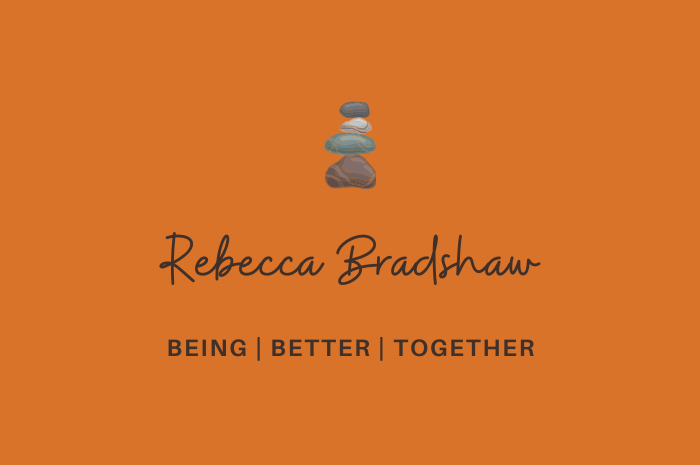
Three ways to influence how effective you are at work
How you are perceived could affect how much you achieve. I work with a lot of quality managers and people in a quality role many of whom describe their frustration at not being able to get any traction on their ideas or buy in for their projects. It can be easy for us to fall into the trap of questioning why anyone would listen to us, particularly if we feel that where we are placed on the organisation chart means we have no positional power.
The good news is that your position and role title aren’t the only factors that affect how you are perceived and how effective you can be at work.
Have something worthwhile to say
People will listen to you wherever you are positioned in the organisation if you have something worthwhile to say. It’s less about your title and more about whether you are perceived as an expert in your field. If people see you are knowledgeable about the problems they face and the solutions that can help them, they are more likely to listen to you.
A word of warning though, sometimes when we feel we are the expert there is a tendency to become a nuisance. Just because you have all the answers doesn’t mean you should make decisions for the whole team. Let people work to their own conclusions with you supporting them to make informed decisions. As Alec Issigonis says:
“An expert is someone who tells you why you can't do something.”
Don’t be that person!
Make an impact
Just because there are people above you in the organisation hierarchy doesn’t mean they are better than you at your job.
You need to make an impact in your role, not try to compare yourself with what they do well in their role. Let people see the value of what you know and do. Sometimes it feels as though it is hard to measure the success of the work that you do, you should spend time thinking about how you can measure and communicate success so that others can see the impact your work has made to the success of the organisation.
If you don’t have measurable indicators for success then make some.
Collaborate
You must become the person that people can’t do without and sometimes for this you need a healthy dose of optimism. If you love what you do and can see real value in it, then you can communicate this to people in a way that helps them to see the value.
Think about not only how people can help you achieve what you need, but also how can you help them. Ask yourself:
What do you know that they don’t?
What do you know that they need?
How can you help them solve their problems?
Being useful, knowledgeable and able to show how the work you do adds value to the team, the individual or the organisation are all ways that help you to be perceived as a critical member of the team regardless of the position title on the organisation chart.
On the flip side of that, if you’re a nuisance, a hindrance or a pest then you will struggle to get buy in. You have the power to influence how you are perceived and received at work. The advice from Dorie Clark to cultivate true knowledge of your subject matter and share your knowledge is sound and will serve you well in your quest to get buy in and position yourself to deliver results.
Don’t be a person who keeps themselves to themselves, working only on projects that serve them, get out there and see what you can do to help others with your expert knowledge.